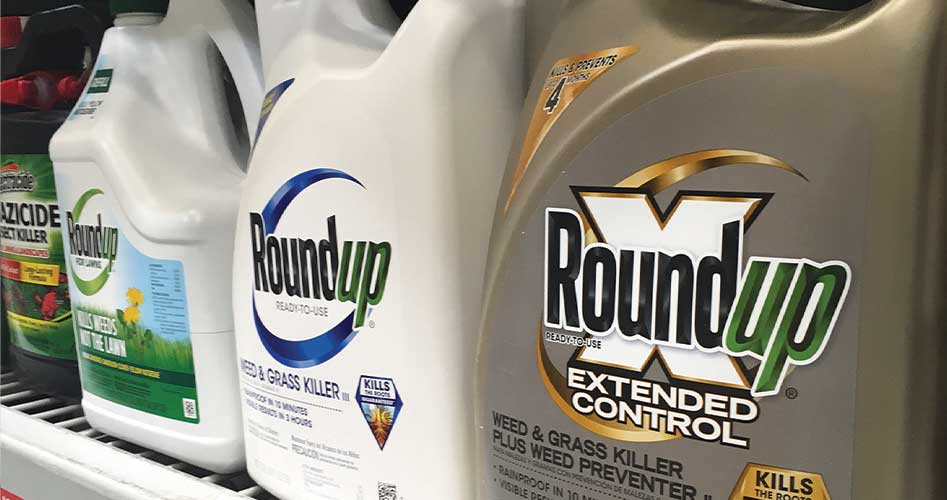
What Is Glyphosate, and Why Is It a Problem?
Glyphosate is the active ingredient in the herbicide Roundup. Legislators for the most part consider it to be a wonderful herbicide because it kills all plants except those that are engineered to resist it, yet is considered to be practically nontoxic to humans. It is pervasive in the food supply in the United States, yet the government is not interested in even determining how much is in our food, presumably because they consider it safe. However, several activist groups have conducted studies measuring glyphosate levels in common foods. Zen Honeycutt of Moms Across America recently found detectable levels of glyphosate in 100 percent of fast-food samples and 95 percent of samples from children’s school lunches.
Glyphosate is used to control weeds, especially on the GMO (genetically modified organism) Roundup-Ready crops (corn, soy, canola, sugar beets, alfalfa, and cotton). Glyphosate kills weeds by suppressing an essential enzyme called EPSP synthase in the shikimate biological pathway. GMO crops have been endowed through genetic engineering with a microbial gene that codes for a version of EPSP synthase that is insensitive to glyphosate. These crops can be directly sprayed with glyphosate; they don’t die, but they do soak it up, and it ends up on your dinner plate. It is also used on non-GMO crops, including sugar cane, wheat, oats, barley, chickpeas, garbanzo beans, lentils, and some plants for seed oils, where it is applied shortly before harvest as a desiccant or ripener. Some of the highest levels of contamination are showing up in non-GMO crops. Its usage on crops has increased dramatically since the rollout of GMO crops in the late 1990s.
We have been led to believe that glyphosate is safe for human consumption, yet it is becoming increasingly clear that this is not true. An argument that is used is that it suppresses an enzyme in the shikimate pathway, EPSP synthase, that is not present in human cells. However, our gut microbes do express this enzyme, and they use the shikimate pathway to produce the three aromatic amino acids — tryptophan, tyrosine, and phenylalanine. Human cells are unable to produce these amino acids because they lack the shikimate pathway. We depend on our food and our microbes to keep us supplied with these critical nutrients.
JBS Member or ShopJBS.org Customer?
Sign in with your ShopJBS.org account username and password or use that login to subscribe.

 Subscribe Now
Subscribe Now
- 24 Issues Per Year
- Digital Edition Access
- Exclusive Subscriber Content
- Audio provided for all articles
- Unlimited access to past issues
- Cancel anytime.
- Renews automatically

 Subscribe Now
Subscribe Now
- 24 Issues Per Year
- Print edition delivery (USA)
*Available Outside USA - Digital Edition Access
- Exclusive Subscriber Content
- Audio provided for all articles
- Unlimited access to past issues
- Cancel anytime.
- Renews automatically


